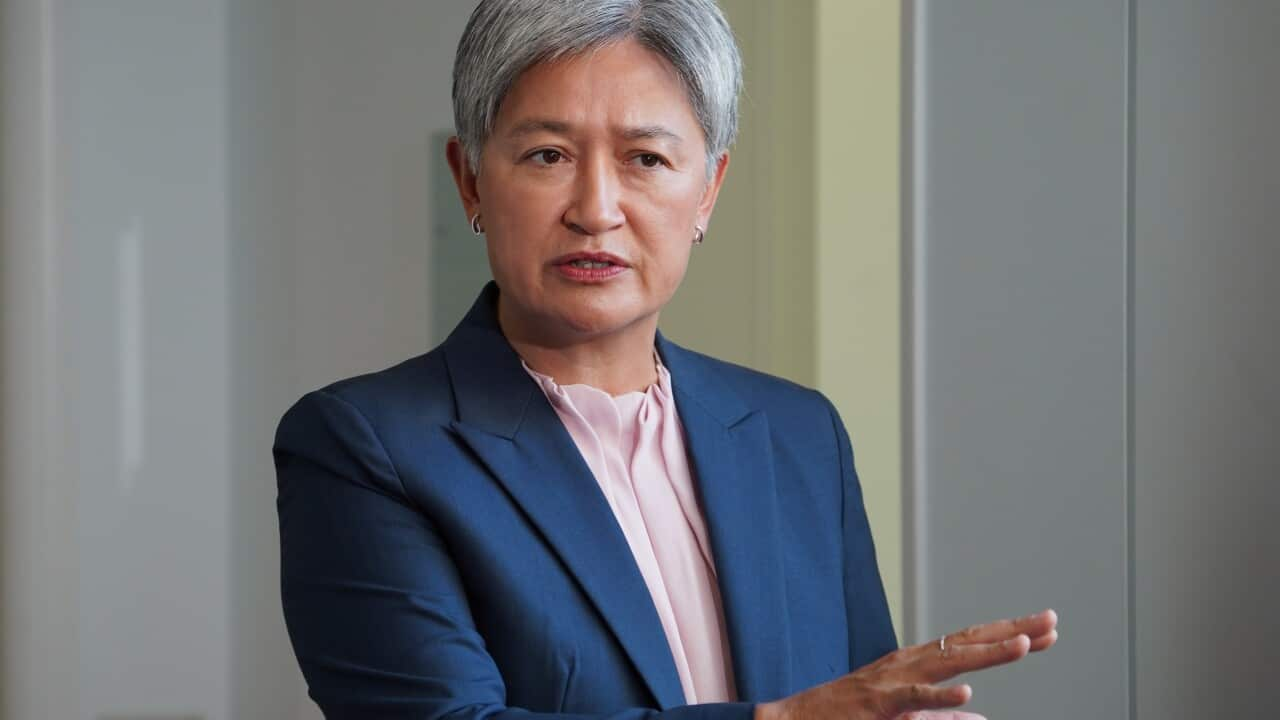TRANSCRIPT
A point of contention in a usually close relationship.
"Look, I've been absolutely clear, this is corrosive to our relationship. And I've shared privately what I've shared publicly today with PM Morrison."
In 2020, then New Zealand Prime Minister Jacinda Ardern raising the issue of Australia deporting New Zealand nationals with longstanding ties to Australia.
"We are not arguing that Australia should not have a deportation policy, they should, we do as well. What we're asking for is a reciprocal arrangement. New Zealand does not deport those that we consider for all intents and purposes to have established themselves as New Zealanders. We only ask that Australia does the same."
The coalition government of the day refused to make changes but in January, the Labor government made the change - implementing Direction 99 which forced the Administrative Appeals Tribunal to consider a person's ties to Australia when reviewing visa cancellation decisions.
Now, the government is changing that direction, after it was used to keep a convicted rapist in Australia.
Liberal MP Dan Tehan says the government never should have made the change.
"Sometimes with friends, you have to take hard decisions and you have to have hard conversations. That is what we did when we were in government. And that is what the Albanese Labor government should have done. The Prime Minister was weak. Jacinda Ardern played him like a fiddle. And now we're in this situation where they've got a walk this back. If they if Anthony Albanese had been strong in the first instance, we wouldn't be in this mess. "
Deputy Liberal leader Sussan Ley asked the Prime Minister if pressure from New Zealand government was the reason the decision was made.
Sussan Ley: "Did the Prime Minister implement Direction 99 at the request of New Zealand Prime Minister Jacinda Ardern?"
Anthony Albanese: "What we do is we determine our own policy according with our own interests and that is what we have done and, indeed, the request publicly from New Zealand was to remove section 501. We did not do that. We did not do that. We have created a pathway for better citizenship for New Zealand people who have been here to have that pathway to citizenship, and I am pleased that, indeed, 20,000 plus Kiwis now call themselves Australian citizens as well."
In a statement, New Zealand Foreign Minister Winston Peters says he doesn't want to see Australia deporting people with minimal connection to New Zealand.
“We understand Australia intends to make changes to its deportation policy. We accept that Australia has the right to determine what level of offending by non-citizens is unacceptable. But we do not want to see deportation of people with little or no connection to New Zealand, whose formative experiences were nearly all in Australia. We note Prime Minister Albanese’s previous commitment to take a “common sense” approach to deportation of people to New Zealand who had effectively spent their entire lives in Australia. We are engaging with Australia at a political level on this matter.”
Labor Senator Murray Watt says he's confident the relationship will endure despite the change.
"I'm confident that we can manage this relationship with New Zealand. And of course, the Australian Government's first priority is to keep the Australian people safe."
The Direction 99 issue is only one of many faced by Immigration Minister Andrew Giles.
More than 150 people were released from indefinite detention following the High Court's NZYQ last year, many of whom had serious criminal convictions.
Legislation was rushed through last year to impose strict monitoring conditions on the released detainees, but laws requiring individual circumstances to be considered when requiring an individual to wear an ankle monitor means not all those released are fitted with the devices.
Minister Giles told Sky News drones have been used to monitor some of those released.
"What's being done through our strong laws, which impose strict visa conditions on everyone in the cohort, including daily monitoring, as well as the other discretionary conditions. There is a quarter of a billion dollars that we've invested in supporting our law enforcement agencies to enforce that. And that's enabled things like using drones to keep track of these people."





